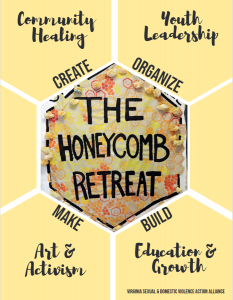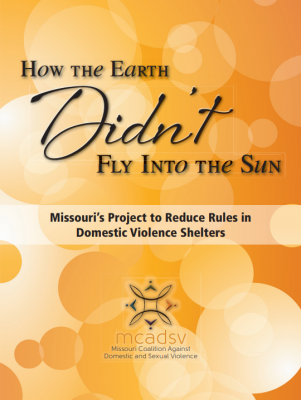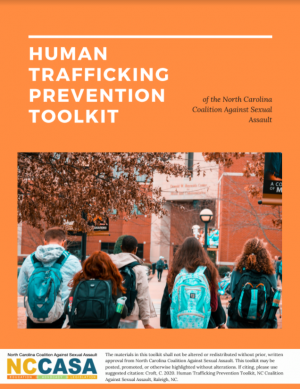Resources Library: Model Policies & Best Practices
Start a Search:
Highlights from the Revised FVPSA Regulations for Advocates and Programs Serving LGBTQ Survivors
Revised rules and regulations regarding the FVPSA program have taken effect.
The Family Violence Prevention and Services Act program provides federal funds to states for distribution to DV and SA programs. Most DV programs receiving state funds also receive FVPSA funds. The FVPSA regulations set forth important parameters, limits and requirements for FVPSA funded programs. These regulations impact survivors on a day to day level.
FVPSA program office undertook a careful and collaborative process of updating regulations to reflect what the field has learned about the needs and realities of DV survivors as well as the DV movement’s and Federal Government’s commitment to meaningful and accessible services for DV survivors and their children.
Changes include improvements and clarifications related to access to DV advocacy and shelter for LGBTQ survivors.
Honeycomb Reflection and Share Out

In July 2019 the Action Alliance organized and hosted a week-long retreat for young advocates, activists, and artists ages 17-23 called the Honeycomb Retreat. Our participants (fellows) went to workshops on systemic and interpersonal violence, consensual communities, zines for visionary futures, and using herbalism practices to heal from trauma. They also went to art sessions during which they worked with local artists-in-residence to create art in response to the things they were learning in their workshop and their own personal experiences. The week ended with a visioning session where fellows had the opportunity to talk about their skills they bring to our movement, the barriers that impact their full participation, the resources and support they need from adult allies, and what they are excited to do next!
This is an informational and reflective zine that describes some of our goals, frameworks, and outcomes—as well as a general overview of what happened at the retreat and who was there. Please do not hesitate to reach out and connect on these topics!
How Community Service Boards and Domestic Violence Programs Can Help Each Other
This Power Point presentation was developed and presented by Martha Kurgan from the Department of Behavioral Health and Developmental Services at the Virginia Department of Social Services Promising Practices conference on September 16, 2013.
How the Earth Didn’t Fly Into the Sun: Missouri’s Project to Reduce Rules in Domestic Violence Shelters

This guide is part of a shared goal between NRCDV, state coalitions, and individual programs to find a better way to welcome women and other domestic violence victims -- many of whom had every aspect of life controlled by their partners -- into shelter where they could experience autonomy despite the constraints of a communal living environment. The concept and conflict of having rules in shelter has been repeatedly recycled and re-silenced throughout the movement to end violence against women. This manual tells how Missouri's project became a living laboratory to answer the question, "What would happen if there weren't rules?"
This first-hand account of Missouri's project to reduce rules in domestic violence shelters offers practical tips for other state Coalitions, programs, and individual advocates interested in this approach. It includes the history of the project, examples of common challenges and successes, and logistics of implementation. Surveys, suggestions and the philosophy the Missouri programs followed are also in this ÒHow-toÓ guide, funded by the National Resource Center on Domestic Violence (NRCDV).
* Access the recording of a lively BlogTalkRadio show where the Missouri Coalition Against Domestic and Sexual Violence (MCADSV) discusses this guide - How the Earth Didn't Fly Into the Sun: Missouri's Project to Reduce Rules in Domestic Violence Shelters [23:08]
Human Trafficking Prevention Toolkit

Human trafficking prevention has at times been framed primarily as a criminal justice priority or been siloed from other forms of violence prevention. As experts in sexual violence prevention, NCCASA recognizes sex trafficking as a form of sexual violence and the connection of sexual violence to all forms of human trafficking. NCCASA is pleased to present the Human Trafficking Prevention Toolkit. In this toolkit, you'll find the Human Trafficking Prevention Overview, an overview of what human trafficking is and the public health approach to violence prevention, an exploration of the historical context that informs current frameworks and gaps, tips for effective upstream prevention, and strategies for incorporating a harm reduction lens into your human trafficking prevention work, as well as critical considerations in selecting a prevention strategy.

